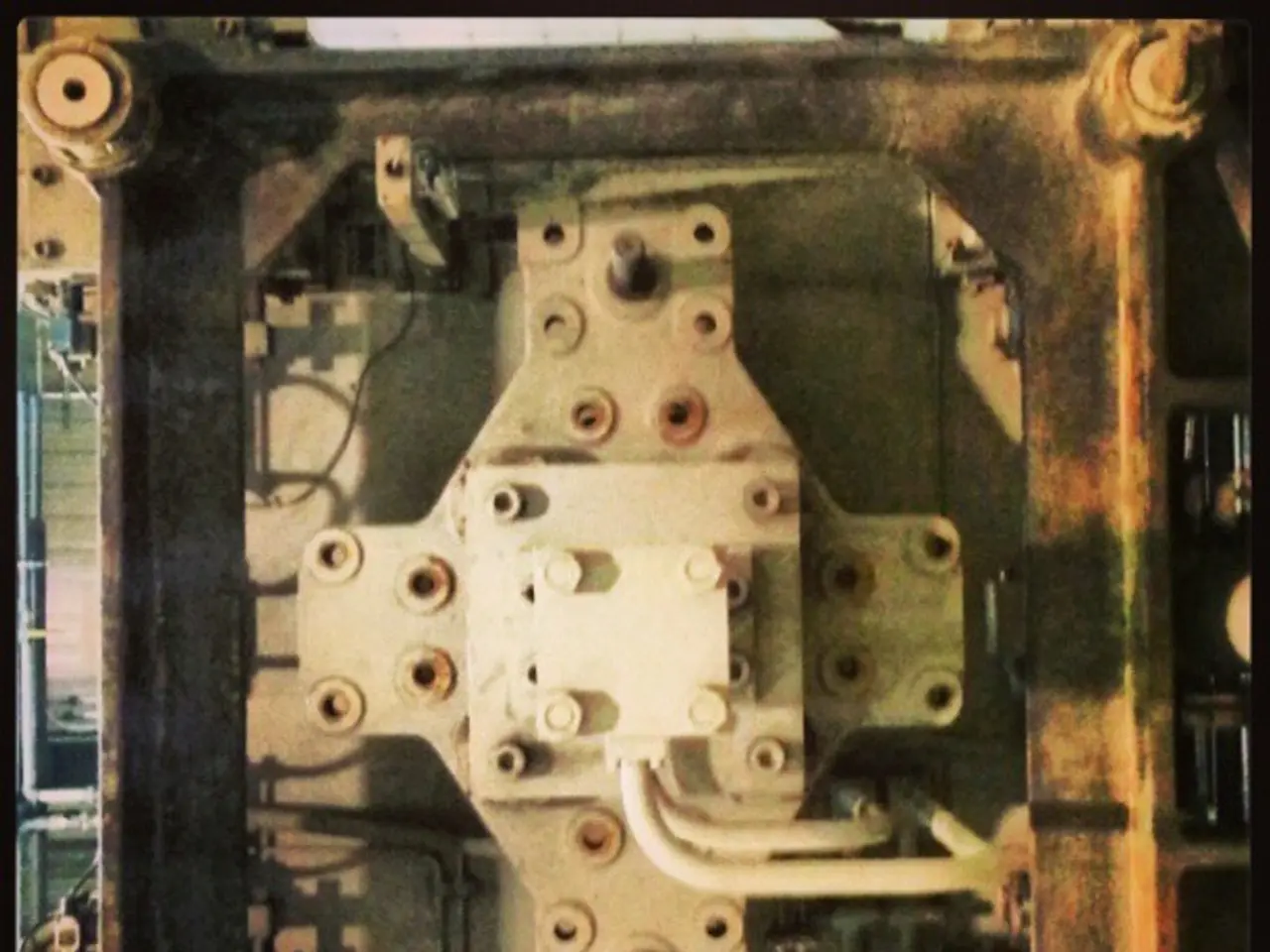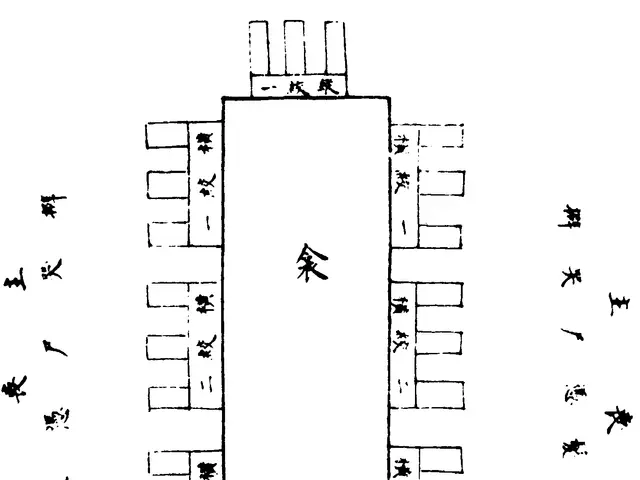EU Proposes 50% Steel Tariff, Cuts Duty-Free Imports to Safeguard Industry
The European Commission has proposed sweeping changes to steel import rules, aiming to safeguard the EU industry from global overcapacity. Key measures include a 50% tariff on imports exceeding new quotas and a significant reduction in duty-free imports.
The Commission seeks to protect the EU steel industry from the current global steel overcapacity of 620 million metric tons. It proposes to slash annual duty-free steel imports by 47%, down to 30.5 million metric tons. The new rules, planned to apply worldwide, will not have country-specific quotas, except for EEA countries and Ukraine in specific circumstances.
The Commission is open to negotiations with like-minded economic partners to find a fair solution for free trade. However, the proposal needs approval from the Council of the EU and the European Parliament to enter into force by summer 2026. The final decision by the responsible EU authority (DG Trade) on exemptions and inclusions in the quotas is still pending, with Asian and North African subsidized producers potentially under pressure.
Swiss steel producers currently benefit from quotas under existing measures. SwissMEM Industry Association Swissmem expects Switzerland to receive appropriate country-specific quotas from the EU to mitigate the impact on the Swiss steel industry. Metal Suisse hopes for a constructive dialogue between Swiss and European authorities to ensure the viability of Swiss steel production.
The Commission's proposal, intended to replace existing protective measures expiring in June 2026, aims to balance free trade with the protection of the EU steel industry. The final outcome, pending approval from EU institutions and the decision of DG Trade, will significantly impact global steel trade.
Read also:
- Cyprus, Kuwait Strengthen Strategic Partnership with Upcoming Ministerial Meeting
- BUND Protests Weser Deepening and Soybean Imports in Brake
- Philippines Demands Justice for Dafnie Nacalaban, Murdered Migrant Worker in Kuwait
- Trump administration faces lawsuit by Denmark's Ørsted over halted wind farm project







